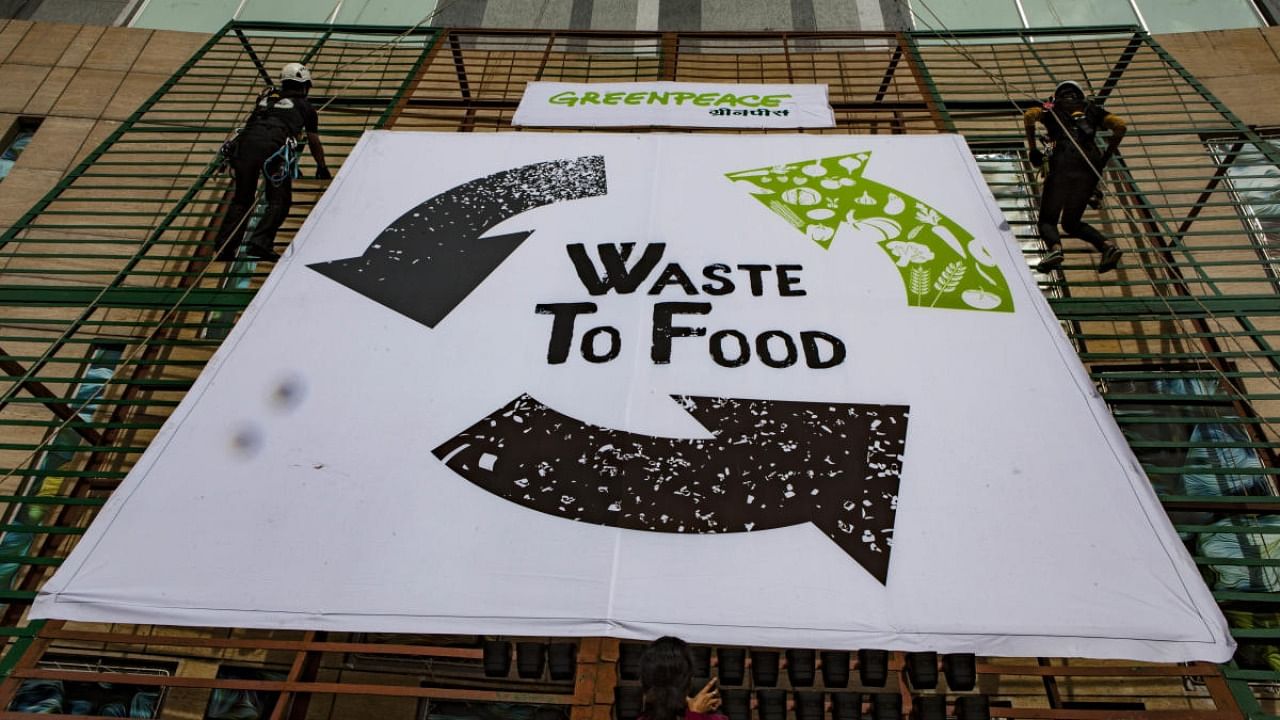
The UN Food Waste Index Report 2021, released last week, has drawn attention to the high wastage of food that happens everywhere in the world, even as millions of families go hungry every day in many parts of it. It has said that around 931 million tonnes of food were wasted in 2019, 61% per cent of which came from households and the rest from food service and retail. About 17% of the total global food production may be wasted, and in pictorial representation its weight “equals that of 23 million fully loaded 40-tonne trucks, bumper-to-bumper, enough to circle the Earth seven times,” according to the report. In India, the household food waste estimate is 50 kg per capita per year, which is less than in countries like the US and China. But this may not be because of more efficient use of food, but because the overall availability is less.
The wastage of food is substantial in every country, but some studies have shown that it is more serious in developing countries. The UN FAO had estimated that one-third of all produced food may be getting wasted. The world produces twice the amount of food that is needed, but large numbers of people are deprived of it due to wastage and other reasons. Food gets wasted at the farm, when it moves to the market and is processed, stored and shifted to shops, and finally in the kitchen. Many fruits and vegetables perish soon after harvesting. There is a need to improve production and storage practices, transport infrastructure, cold chain systems and processing techniques. Modern technologies and better packaging methods are needed. But even in countries where these facilities are available, wastage is high. So, the most important requirement is to improve popular awareness of the need to ensure that food is not wasted in any form, at any stage. China has launched a clean plate campaign against wastage of food.
It is estimated that food worth at least Rs 1 lakh crore is wasted in India, and this does not include wastage of cooked food. A part of that should be enough to feed the large numbers of hungry people in the country, which is ranked 94 out of 107 countries in the Global Hunger Index. Food is wasted massively at weddings and on other occasions. The Delhi government had, in pre-Covid times, thought of restricting the number of guests at weddings to reduce wastage of food. The UN report says that reducing food waste would also cut greenhouse gas emissions and slow the destruction of nature through land conversion and pollution. Avoiding food wastage should therefore become a national mission. It will have very positive environmental, social and economic impacts.